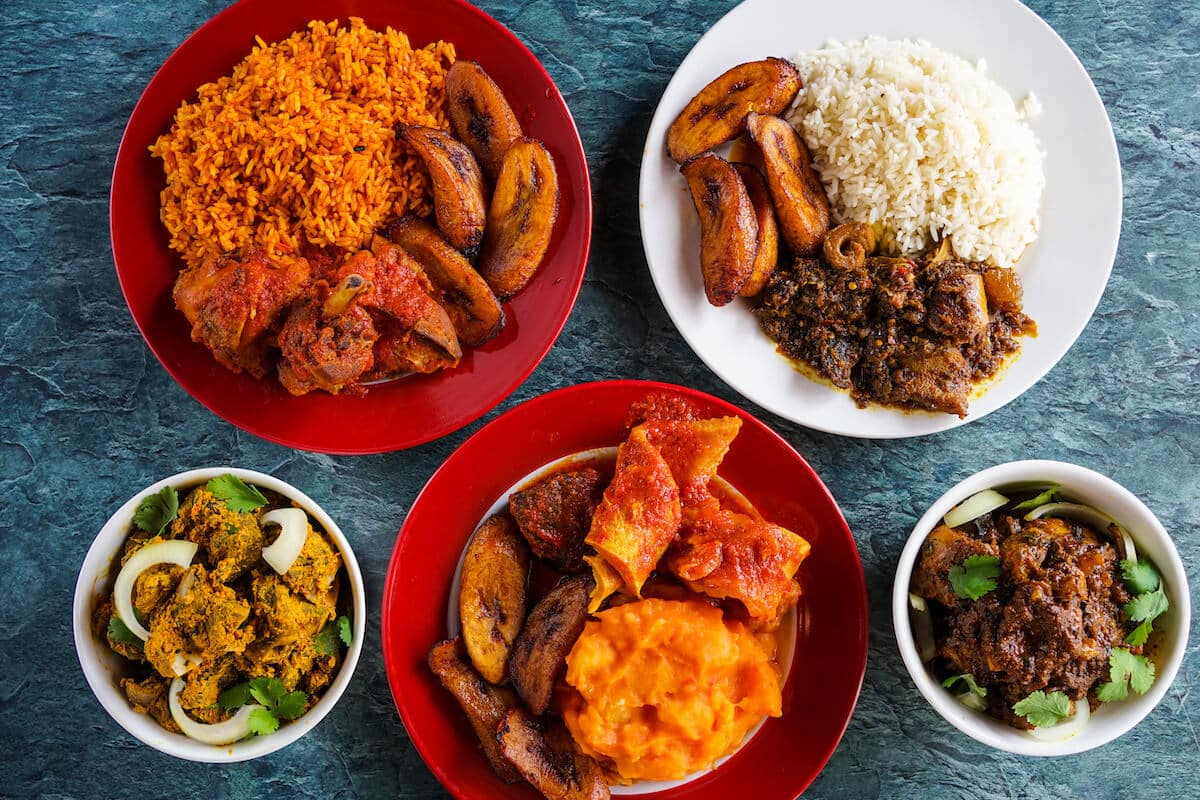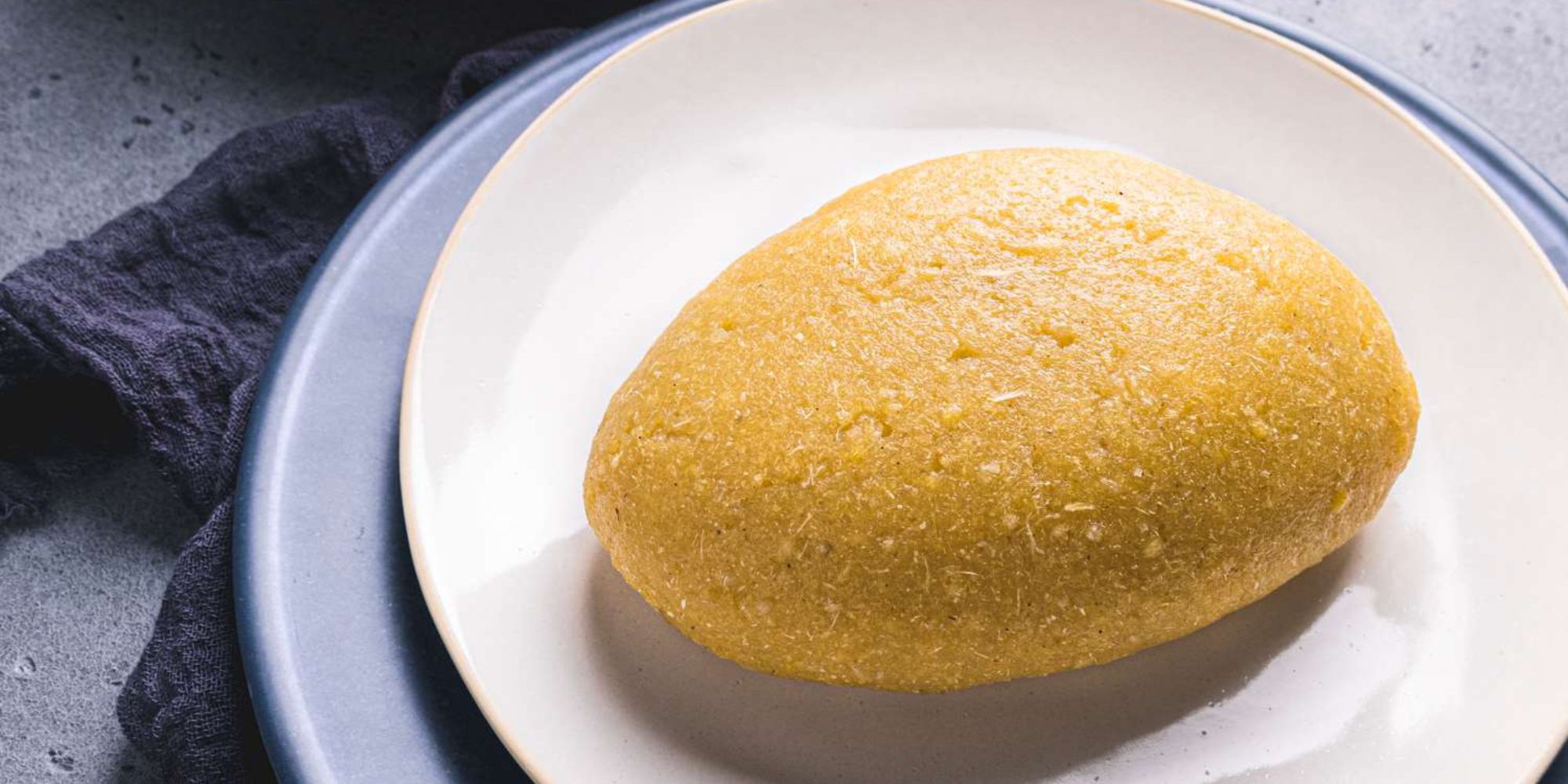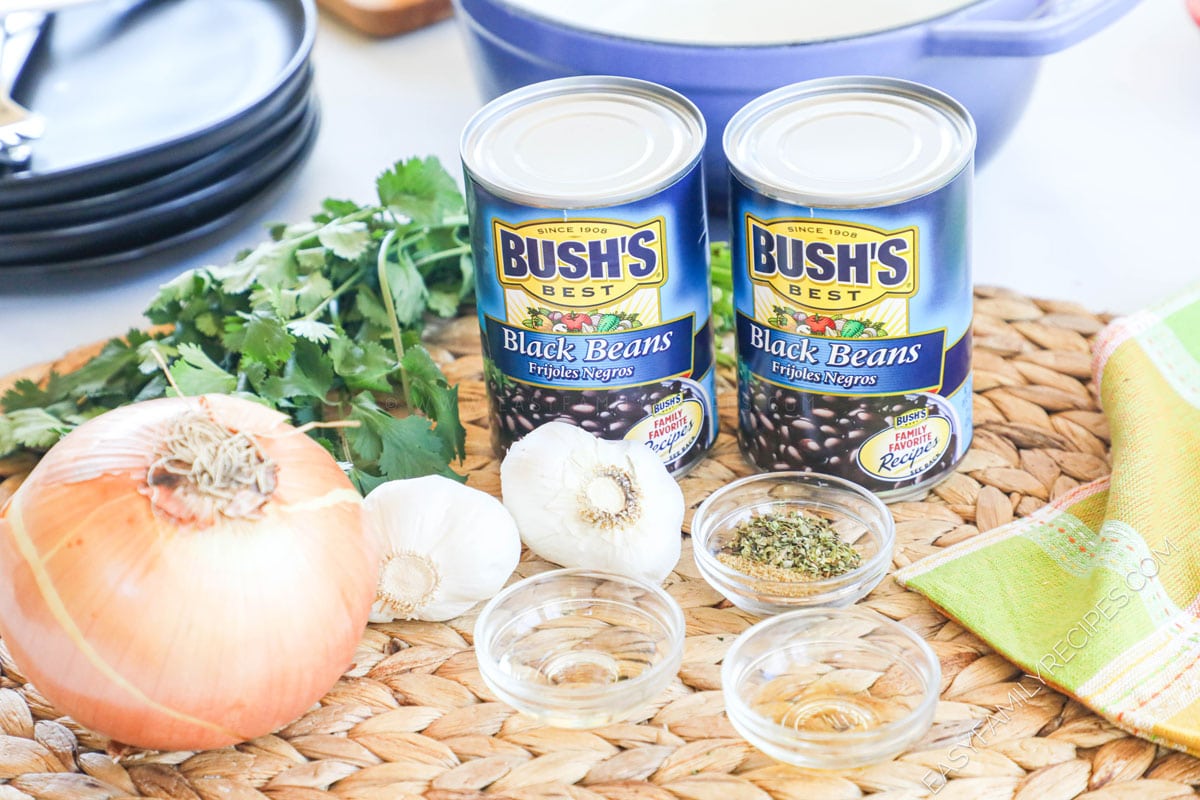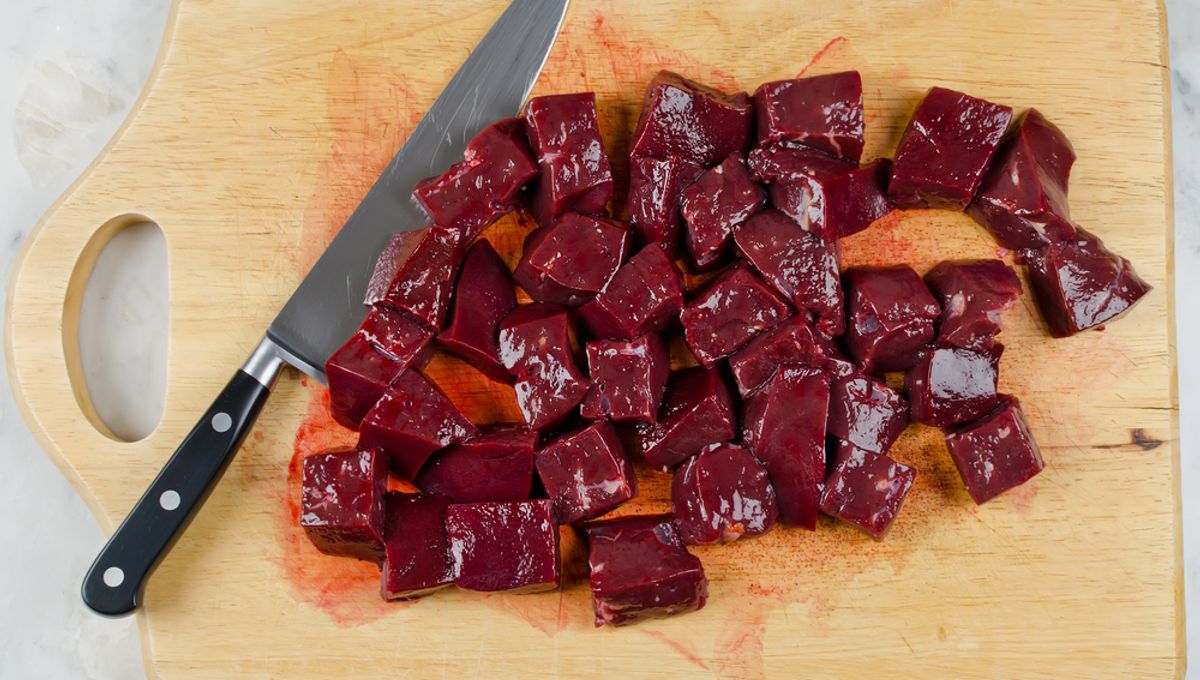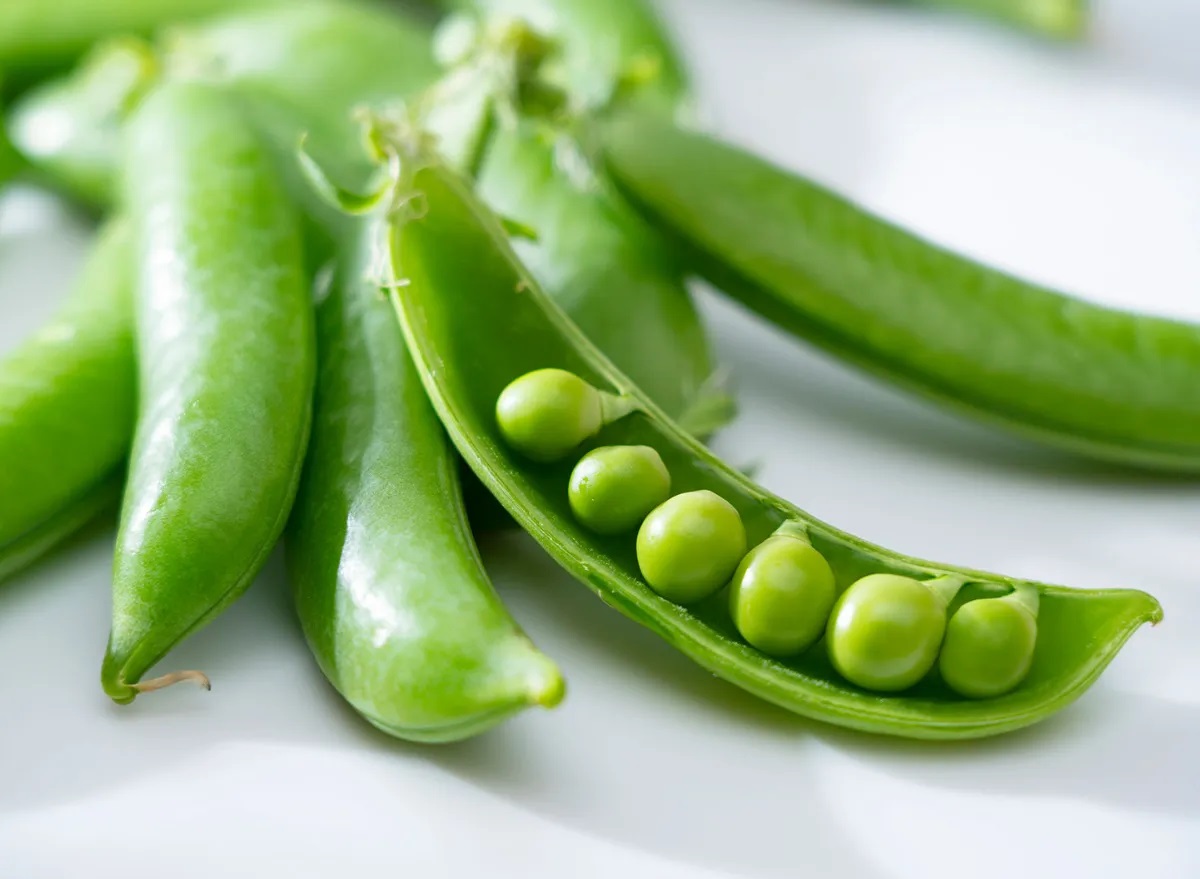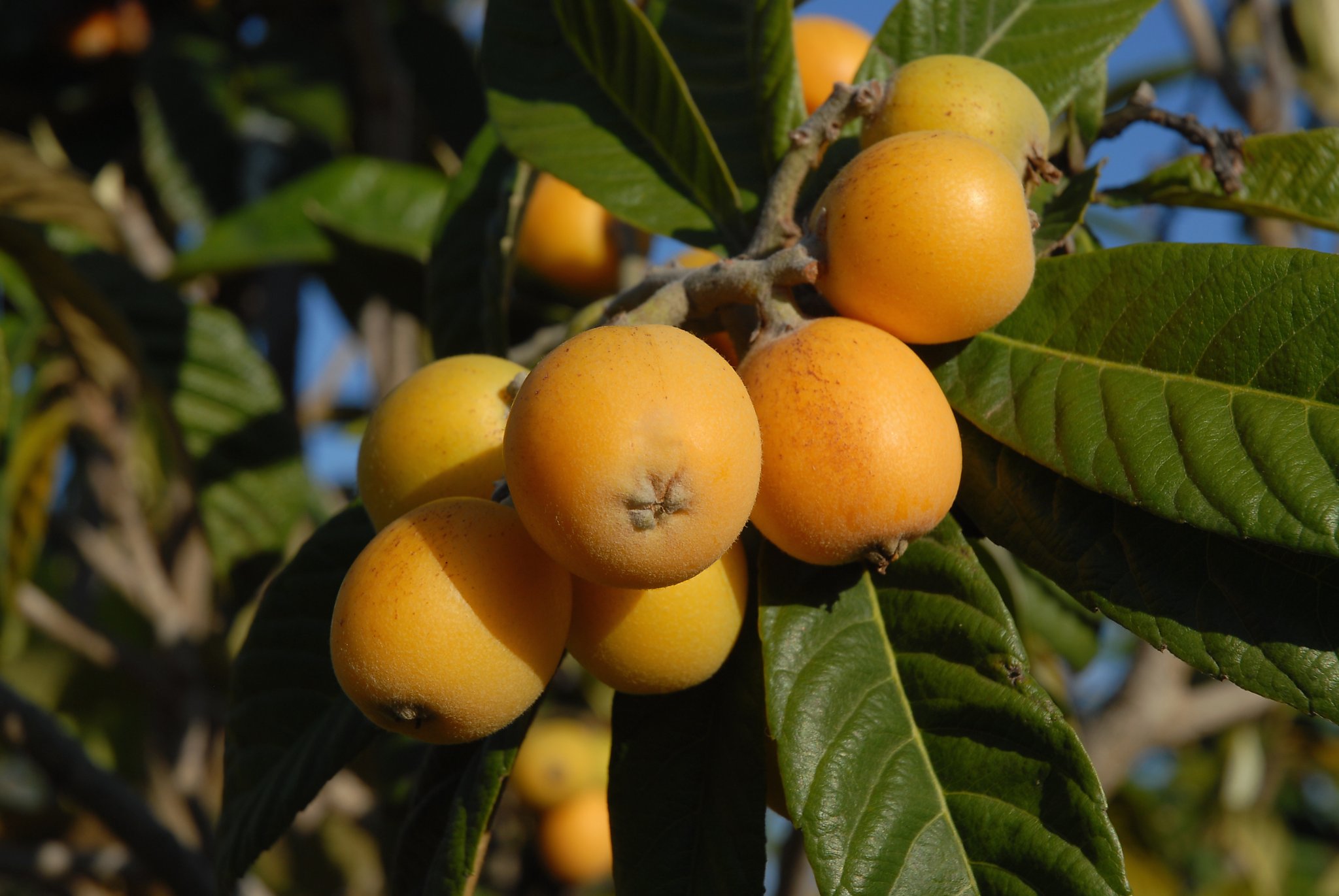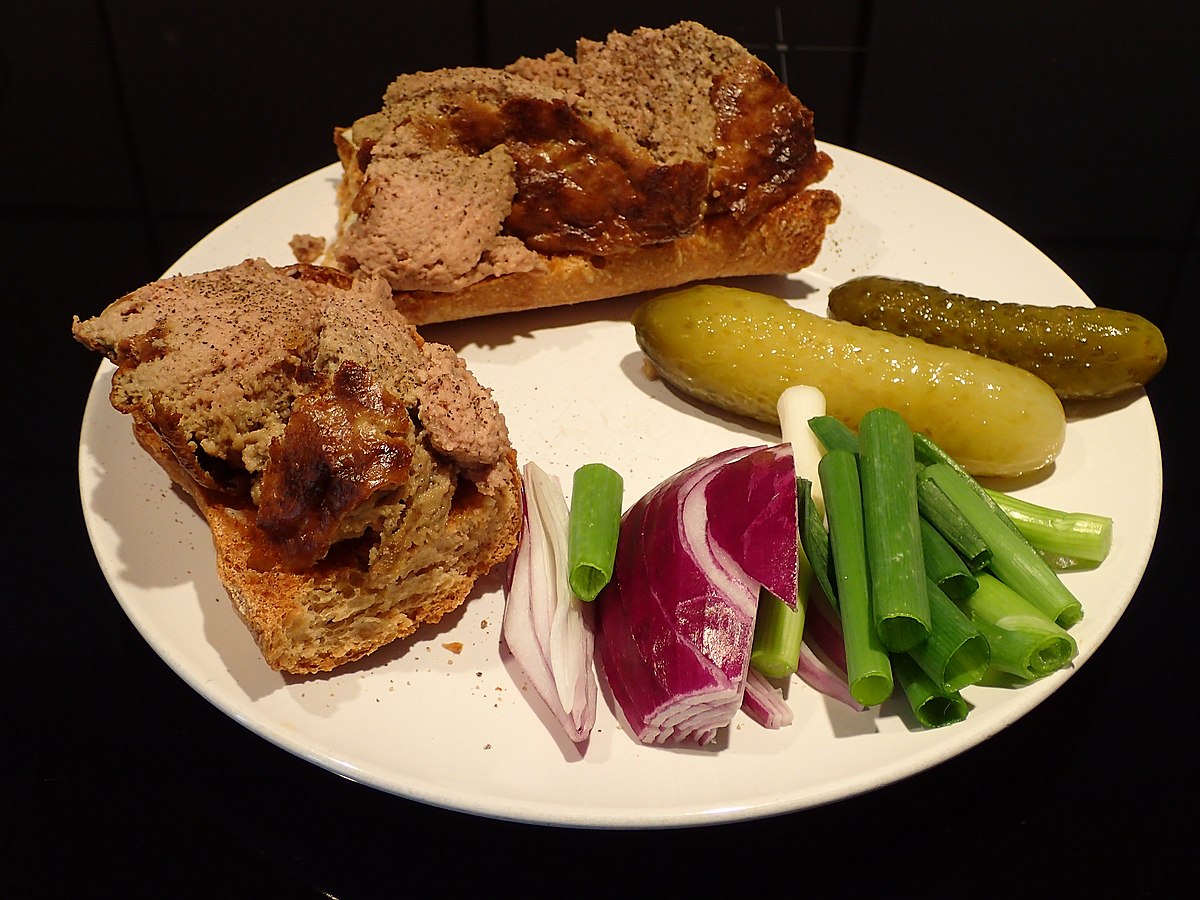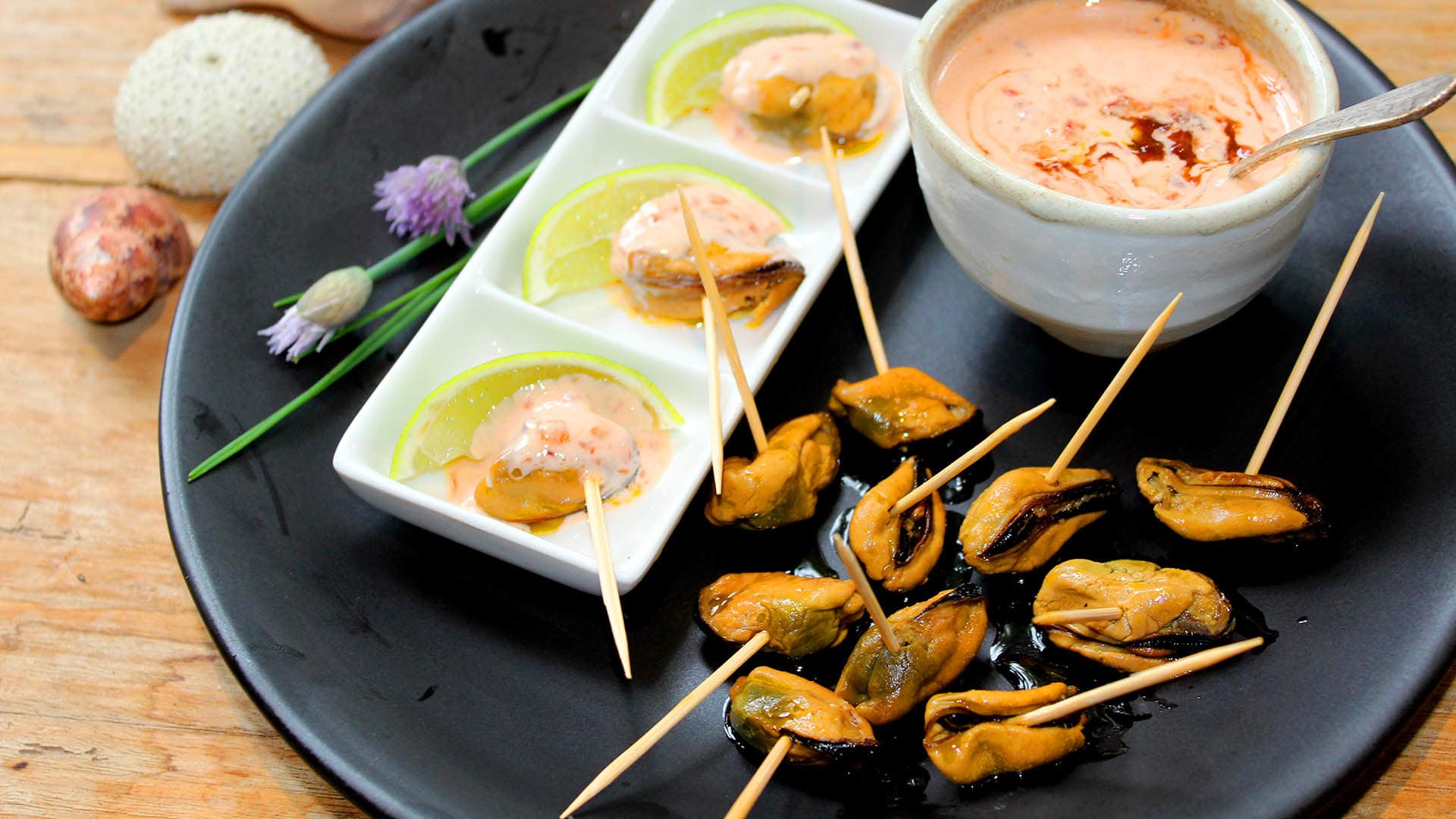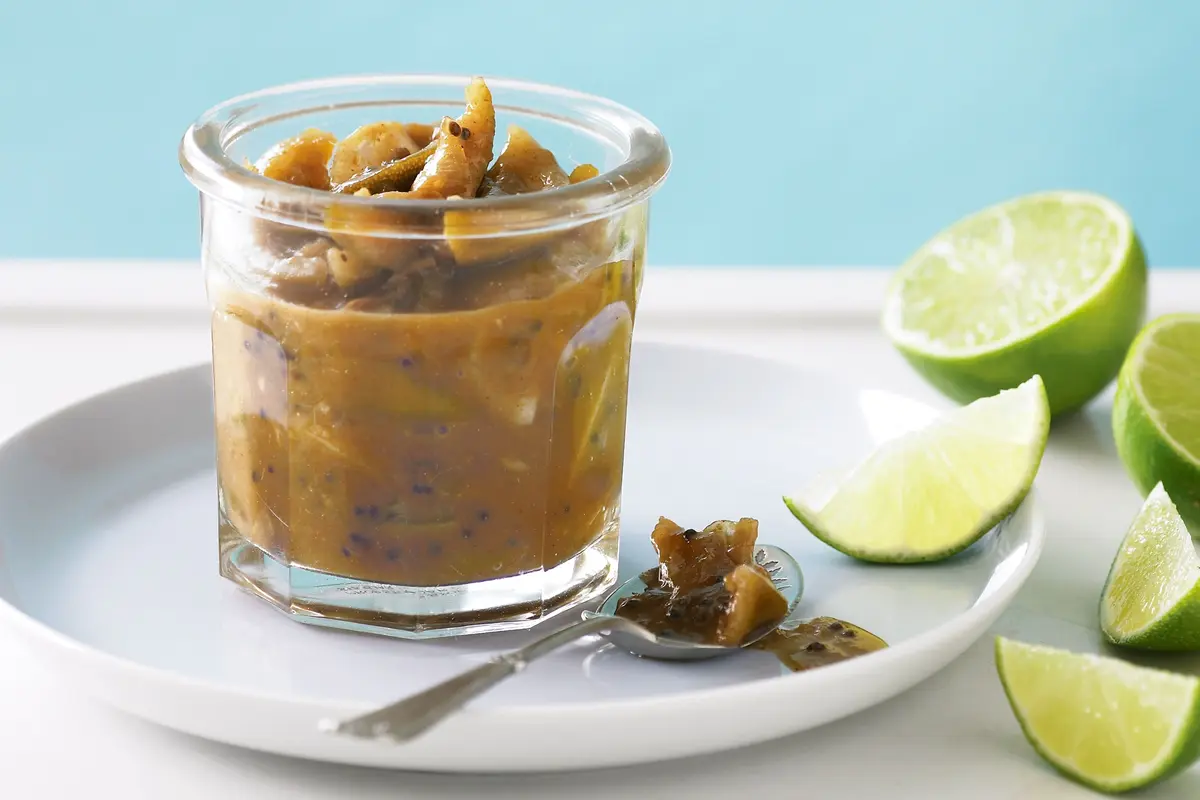How to Enjoy a Healthy Nigerian Diet
When it comes to eating healthy, Nigerian cuisine offers a wide array of delicious and nutritious options. With a focus on fresh ingredients and bold flavors, Nigerian food can be a great choice for those looking to maintain a balanced diet. Here are some tips on how to enjoy a healthy Nigerian diet:
Embrace Whole Grains
Whole grains are a staple in Nigerian cuisine and are a great source of fiber and essential nutrients. Opt for dishes made with brown rice, millet, or whole wheat to add nutritional value to your meals. These grains can help keep you feeling full and satisfied while providing a steady source of energy throughout the day.
Incorporate Lean Proteins
Lean proteins such as fish, chicken, and beans are commonly used in Nigerian cooking. These protein sources are low in saturated fat and high in essential nutrients like omega-3 fatty acids and iron. Including these lean proteins in your diet can support muscle health and overall well-being.
Load Up on Vegetables
Vegetables play a prominent role in Nigerian cuisine, adding color, flavor, and essential nutrients to dishes. Incorporate a variety of leafy greens, tomatoes, okra, and peppers into your meals to boost your intake of vitamins, minerals, and antioxidants. Whether stewed, grilled, or served raw, vegetables are a key component of a healthy Nigerian diet.
Choose Healthy Cooking Methods
When preparing Nigerian dishes, opt for healthier cooking methods such as grilling, steaming, or stir-frying instead of deep-frying. These methods help to preserve the nutritional content of the ingredients while minimizing the intake of excess fats and oils.
Be Mindful of Portion Sizes
While Nigerian cuisine offers a wealth of nutritious options, it’s important to be mindful of portion sizes. Enjoying a variety of dishes in moderation can help you maintain a balanced diet and prevent overeating.
Stay Hydrated
Hydration is key to overall health, and in Nigerian culture, palm wine and coconut water are popular traditional beverages. However, it’s important to balance these with plenty of water to stay properly hydrated throughout the day.
Enjoy Balanced Meals
For a well-rounded and healthy Nigerian meal, aim to include a balance of whole grains, lean proteins, vegetables, and healthy fats. This combination provides a diverse array of nutrients and flavors, making for a satisfying and nutritious dining experience.
Conclusion
By embracing the diverse and flavorful elements of Nigerian cuisine, it’s easy to enjoy a healthy and balanced diet. With a focus on fresh ingredients, bold flavors, and nutritious cooking methods, Nigerian food offers a wealth of options for those looking to maintain a healthy lifestyle.
More Delicious and Nutritious Nigerian Recipes to Try
For those eager to implement the guide on eating healthy Nigerian food, the recipes listed provide a perfect starting point. Notably, recipes like Grilled Chicken with Spinach and Tomato Salad Recipe and Brown Rice Jollof with Mixed Vegetables Recipe are highly recommended. These dishes combine traditional flavors with a focus on health, offering balanced nutrition without sacrificing taste. Trying out the Egusi Soup with Bitter Leaf Recipe can also be a transformative experience for those unfamiliar with its rich, savory depth. Each recipe is crafted to assist in making healthier dietary choices while enjoying the deliciousness of Nigerian cuisine.
